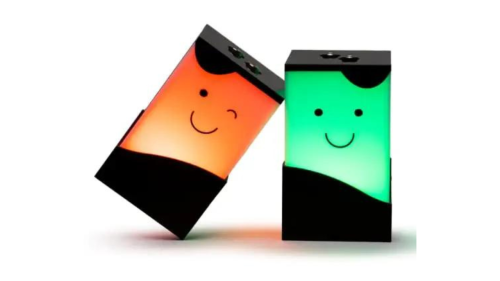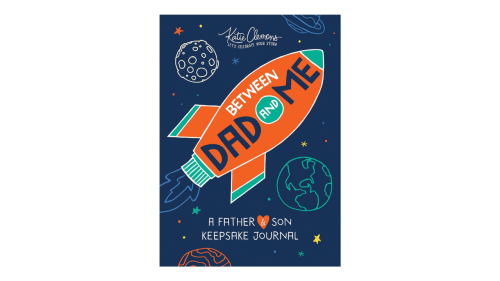First responders are witness to the full spectrum of human experience, often under extreme conditions. This constant exposure to high-stress situations and traumatic events, as well as the physical demands of the role, can take a significant toll on the mental health of first responders. Maintaining emotionally secure and restorative connections with their families is not just beneficial but essential for overall wellbeing.
With the logistical challenges of shift work, though, it’s difficult for many first responders to organize time to nurture and build those restorative relationships. To combat the issue, we’ve rounded up several product options that can facilitate connections, even with hard-to-reach family members (we see you, parents of teenagers!).
From apps that facilitate communication during irregular hours to long-distance desk lamps designed to brighten up your day, these tools can play a pivotal role in fostering a supportive home environment.
Also, be sure to share your tips for staying connected with family with an email to editor@police1.com!
Quick links for easy purchase:
- Telepathy Toddlers long distance lamps: $85.00
- Mother-daughter journal: $7.89
- Mother-son journal: $7.69
- Father-son journal: $8.99
- Father-daughter journal: $11.99
- Family conversation cards: $14.95
- Family meeting book: $12.99
- Conversation card game for couples: $40.00
- The Ultimate Relationship Journal for Couples: $11.99
- Paired app: 7-day free trial, then $6.25/month or $74.99/year on iPhone and Android
1. Long distance lamps
For younger kids, shift work can be confusing; all they know is they miss their parent. Help build that bond with Telepathy Toddlers lamps, which can foster that connection even when you’re apart from your little ones. Take one to the station and leave the other at home, allowing your child to send you a luminous message when they’re missing you. Imagine walking into your bunker after a long call to see a visual reminder that you’ve got a fan waiting for you at home after shift.
2. Parent-child journal
As kids get older, it’s not always easy to make those critical emotional connections. Consider investing in a workbook or journal to share with your child, which gives kids the separation they want, but also the ability to be vulnerable at a time of their choosing. Exchange the journal at your own pace, and consider including photos or movie ticket stubs to create a keepsake once the journal has been completely used.
You can find parent- and child-specific journals, as well:
3. Family conversation cards
Do you find it hard to create moments of meaningful conversation? Check out this collection of discussion starters developed by a family therapist to engage and encourage thoughtful reflection as a family or one-on-one with different members.
4. Family meeting book
Help kids stay organized within the household and keep up on the goings on while you’re on shift as well with “Our Big Family Meeting Book.” This collaborative organizer can be used whenever your family is gathered together to plan your next several days and ensure everyone is on the same page.
5. Conversation card game for couples
Whether you’re just starting out in a relationship or have been married for decades, it’s always fun to learn something new about your partner. Go deeper on the big questions and laugh at the silly ones using these 200 conversation-starting prompts.
6. Shared relationship journal
Have you ever felt like you could express yourself better in a text message than in a phone call? Get more out of the power of the written word with a shared relationship journal. Learn more about your spouse than what you might gather in every day conversations, with prompts and questions designed to deepen your bond. Update the journal in between calls or training and deliver it to your spouse to await their reply!
7. Relationship app subscription
If a physical journal feels too old school, try one of the many relationship-building apps available to couples. Through the Paired app, couples can ask each other questions, play head-to-head games and answer deep-drive prompts designed to bring couples closer together. Track your relationship satisfaction over time, address documented concerns as they arise and more.










![pairedapp].png](https://lexipol.brightspotcdn.com/dims4/default/57d1286/2147483647/strip/true/crop/1280x719+0+0/resize/500x281!/quality/90/?url=https%3A%2F%2Fk1-prod-lexipol.s3.us-east-2.amazonaws.com%2Fbrightspot%2F05%2F41%2F79d53c0c4ff7b76c52e3bc6b796c%2Fpairedapp.png)





